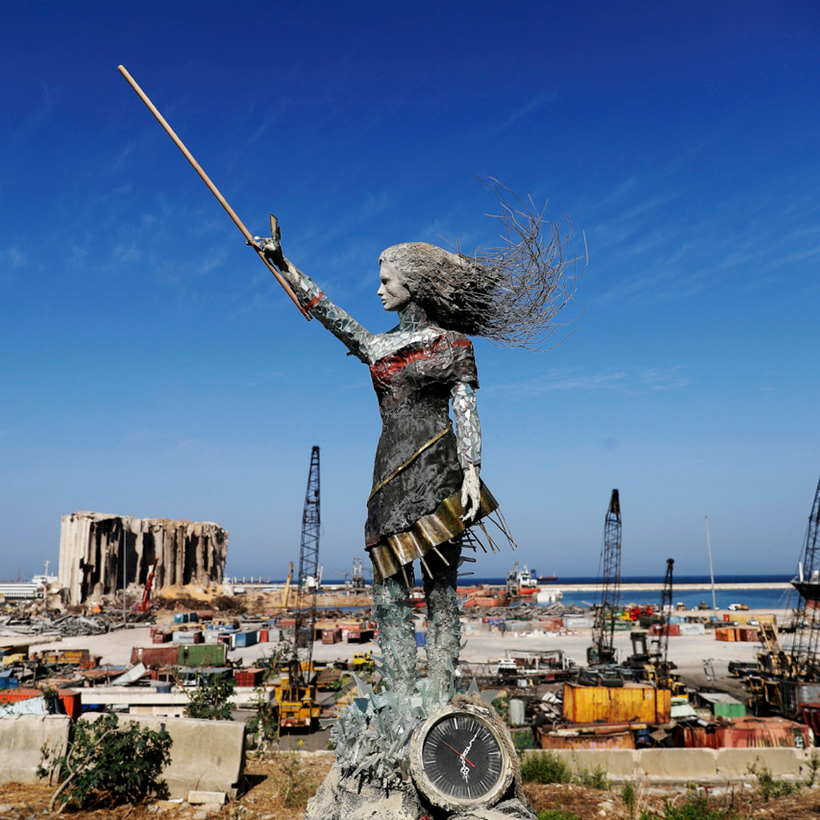In the Middle East, history is never written from the perspective of women. That’s why I wanted Lebanon’s women to narrate their country’s recent, unprecedented financial collapse and share their untold stories of surviving the Beirut blast of 2020, when stocks of ammonium nitrate blew up in a port, one of the largest non-nuclear explosions in history. The result is All She Lost, a collective memoir of Lebanon’s recent history, as told by its women.
When I went to interview these women—a mix of Lebanese citizens, refugees, and migrants—I was surprised to see how many of them had lingering traumas from events preceding the past four years of Lebanon’s history. Women in the Middle East never get to heal from their wounds. In Lebanon, new traumas pile on top of previous ones, and generations of women have survived endless cycles of violence.


